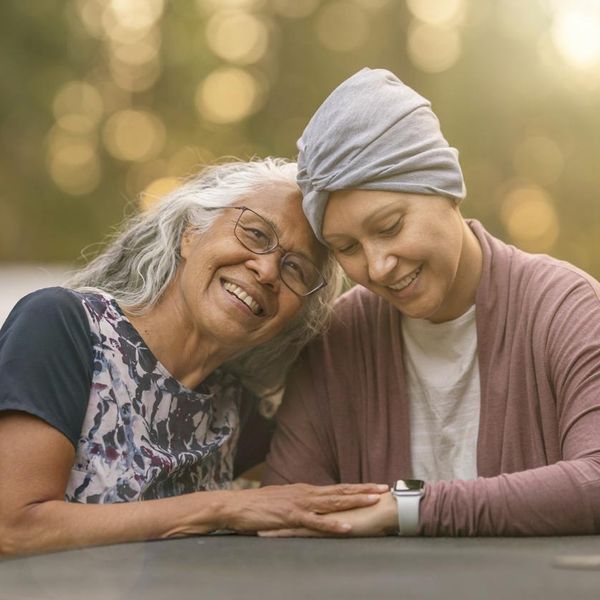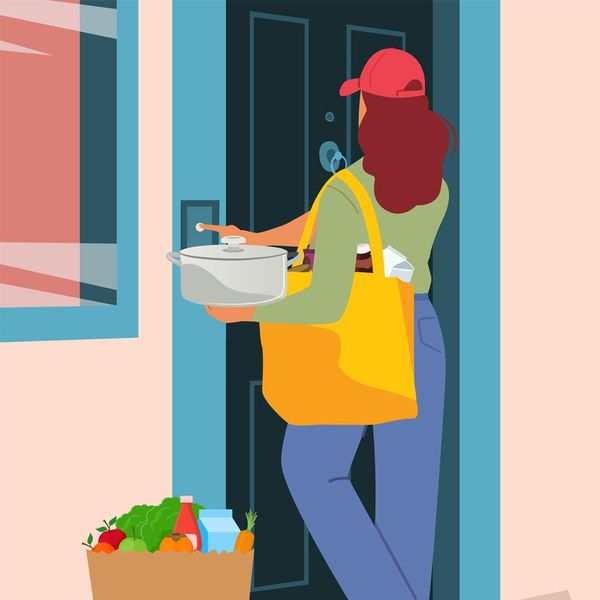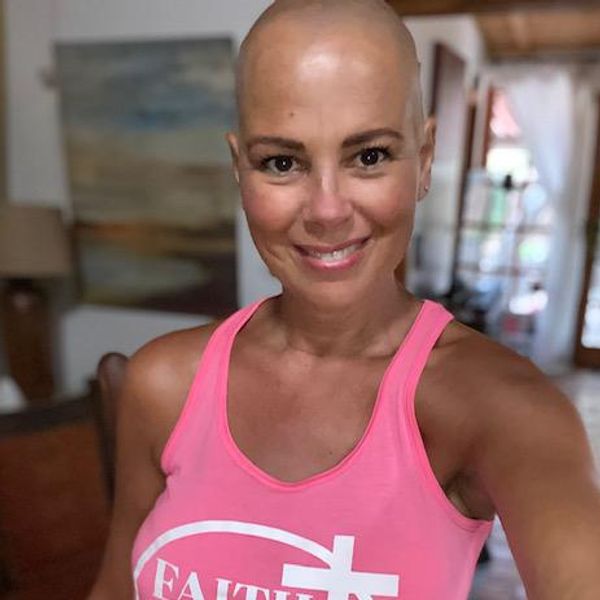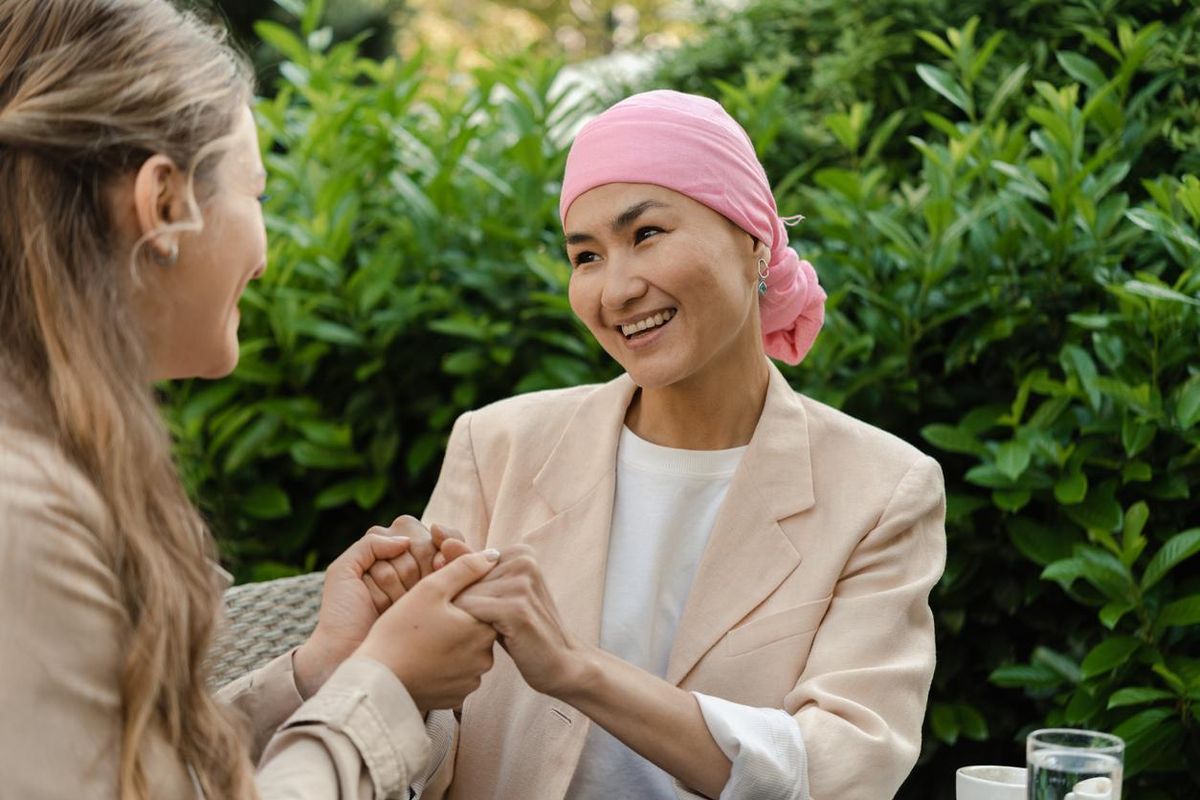A cancer diagnosis is life-changing and far too common. In fact, in 2022, an estimated 1.9 million people will be diagnosed with cancer in the United States. Navigating a diagnosis can be extremely overwhelming and it may not be easy for those affected to ask for help. Thankfully, there are ways you can support them, and our new program brings to light some of the options available to you, such as resources from CancerCare and meal organization tools from Meal Train in partnership with Magnolia.
Understanding how your loved one may be feeling as they navigate their treatment and recovery process is an important part of supporting them. Hannah Keels shared her journey in recognizing the importance of asking for help even when it’s not easy: “I struggled not only with how much my life had dramatically changed overnight but also with being dependent on others for my basic needs.” Being a caregiver comes with its emotional challenges as well, and, as Allison Disarufino explained, it can be just as important to support a caregiver who is trying to learn, themselves, what the best way to support their loved one might be.
You do no’t have to figure it all out yourself, though. There are many organizations and resources available to support you, whether you personally have been affected by cancer, you’re a caregiver, or you want to be there for the loved ones in your life. Our infographic is a great place to start with tips and ideas for every stage of the cancer journey.
This resource was created with support from Eisai.
Meal Train® is a registered trademark of Meal Train LLC.
Meal Train® in partnership with Magnolia is supported by Eisai.

Do You Know Someone Who Has Cancer? Here’s How You Can Help.

Supporting A Loved One With Cancer

Asking for Support Helps Me Heal

Caring for Caregivers During Cancer Treatment Is Important, Too







